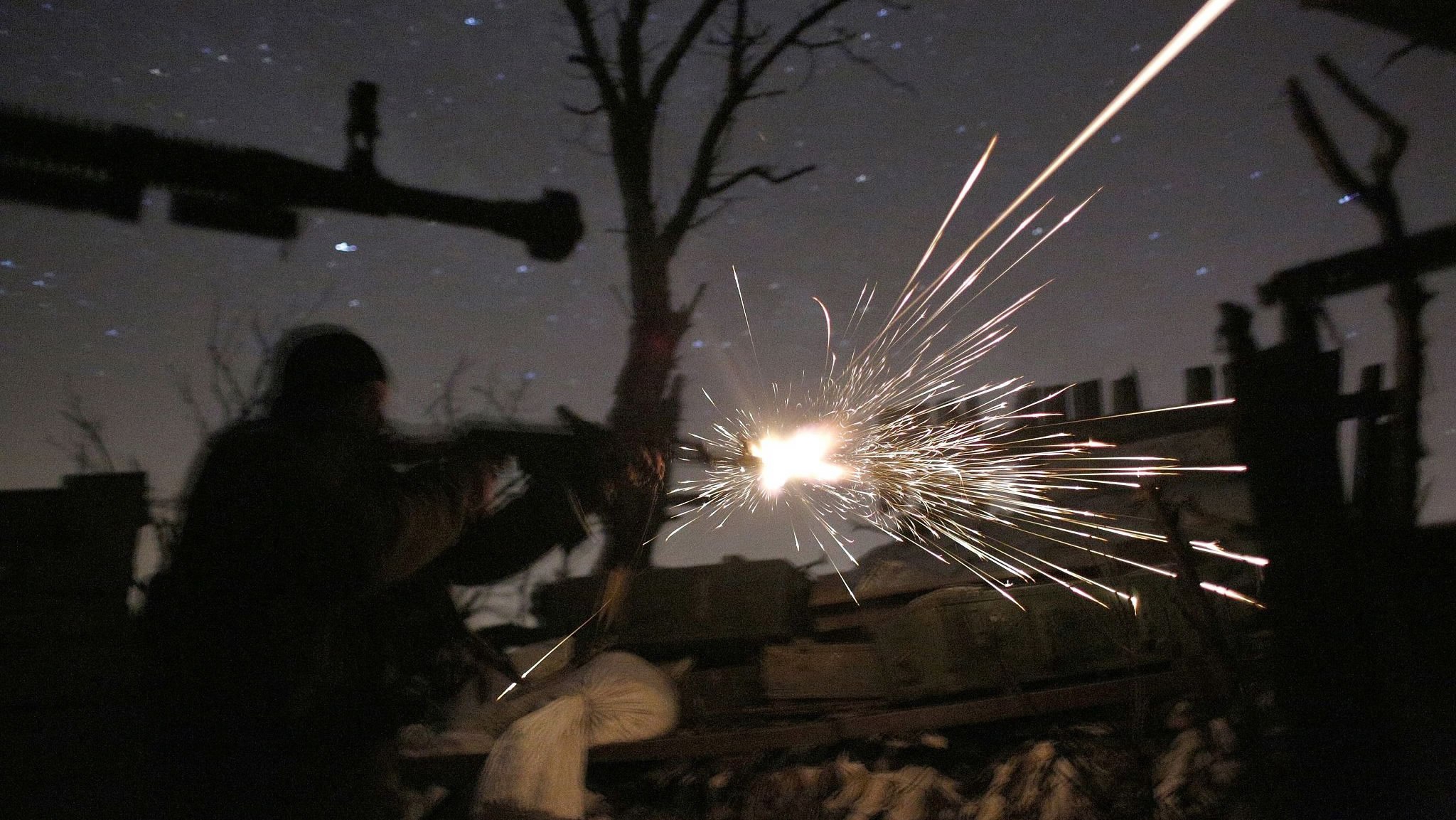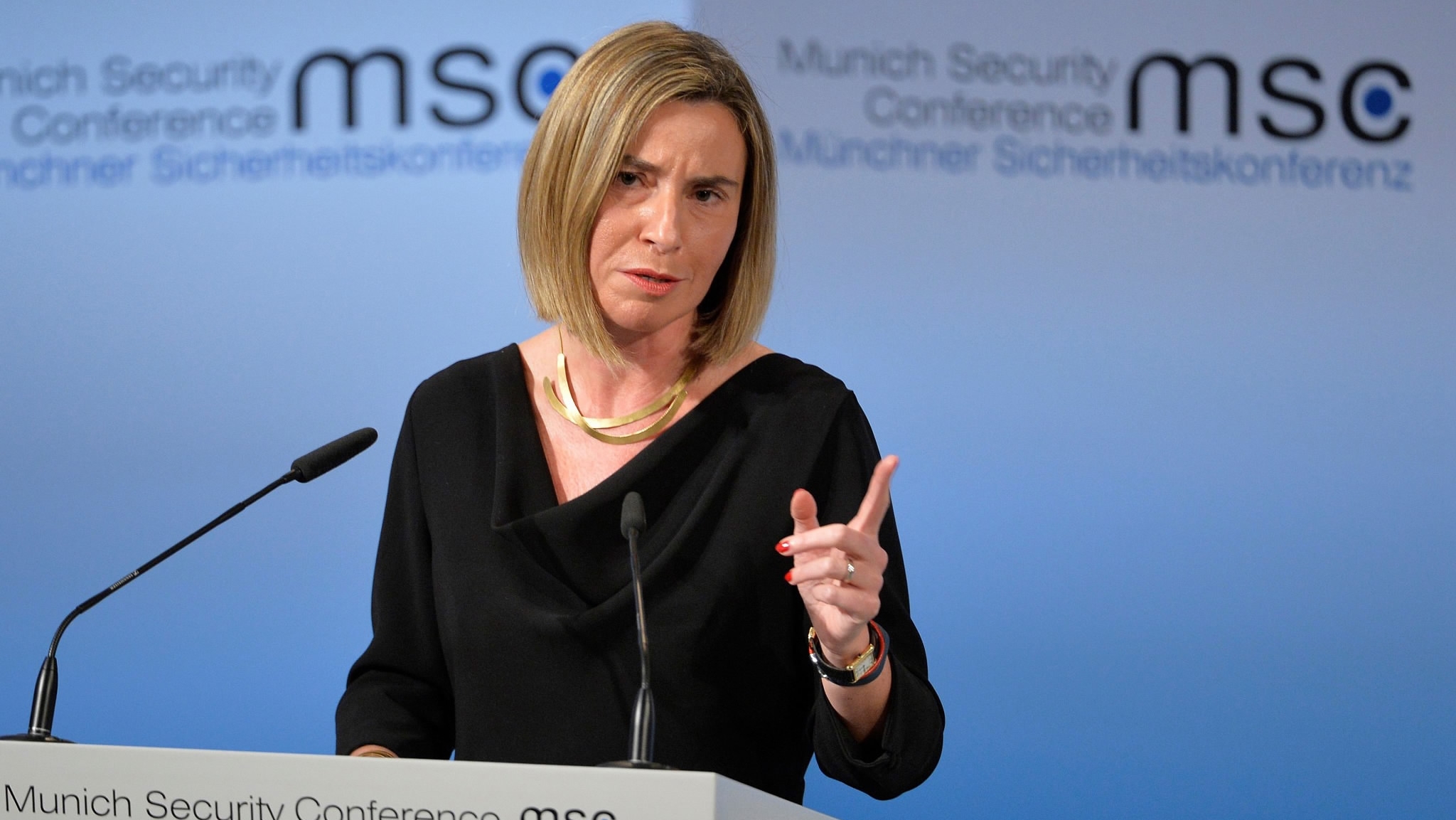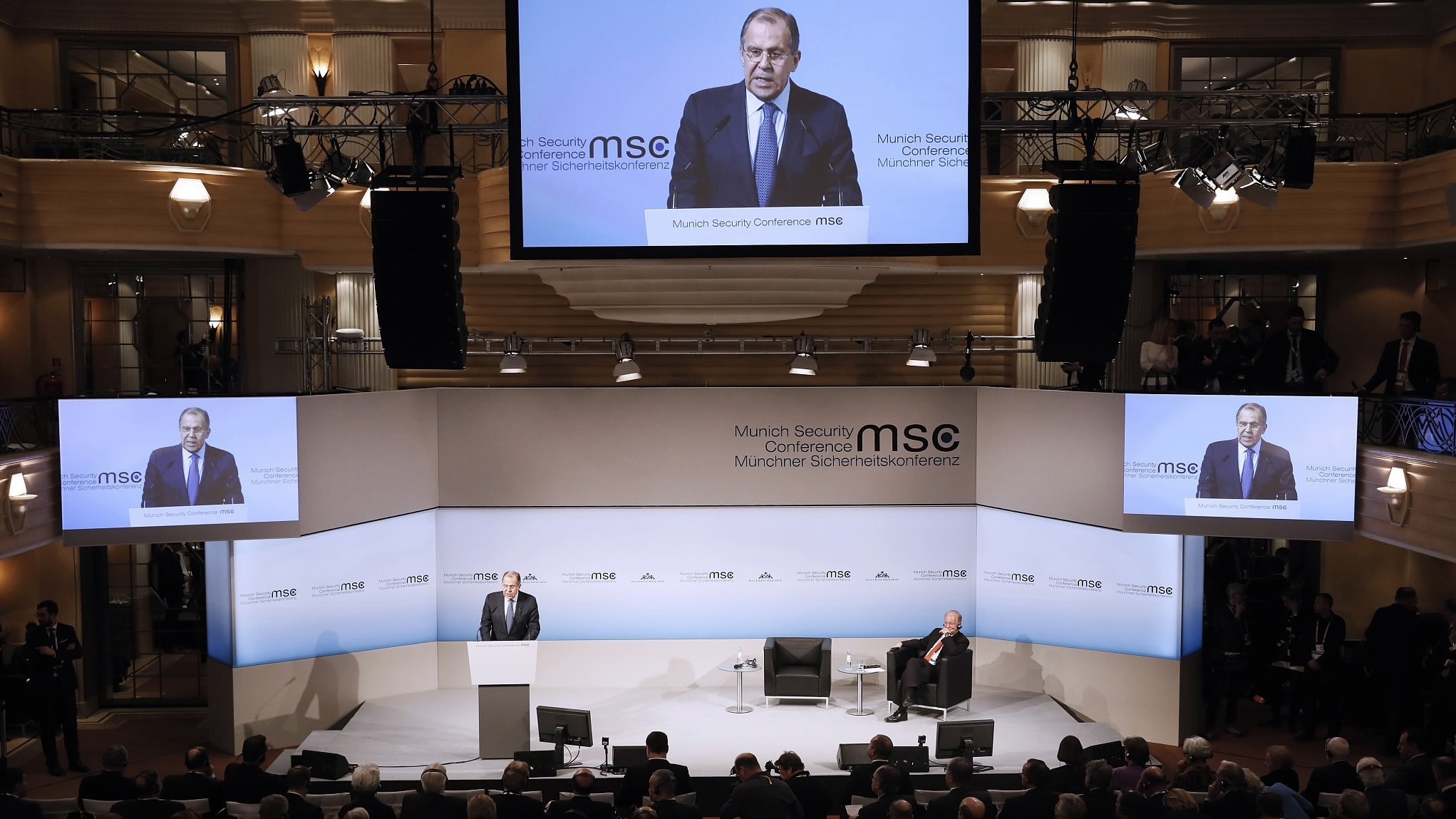
Politics
16:42, 08-Feb-2018
Europe-Russia clash warning as EU targets western expansion
CGTN

The risk of an inadvertent armed clash between Europe and Russia is rising, according to the annual Munich Security Report, which cited the erosion of arms control agreements, deployment of additional weapons and tensions over military exercises.
Excerpts of the report were released on Thursday, ahead of scheduled talks between the EU and Russia in Brussels and days after the EU Commission offered a path to membership to Western Balkan countries.
‘Miscalculations, misunderstandings’
The “To the Brink - and Back?” report, released in advance of next week’s global security conference in Munich, cited growing pressure on nuclear disarmament treaties and ongoing security concerns in eastern and central Europe.
NATO insists it does not want a new arms race with Russia, but the report warned the current situation could “lead to a further deterioration of the security situation in Europe.”

Federica Mogherini, High Representative for Foreign Affairs of the European Union, speaks at the 53rd Munich Security Conference in Munich, Germany, February 18, 2017. /VCG Photo
Federica Mogherini, High Representative for Foreign Affairs of the European Union, speaks at the 53rd Munich Security Conference in Munich, Germany, February 18, 2017. /VCG Photo
“In this dire state of affairs, miscalculations and misunderstandings could well lead to an inadvertent military clash,” it said.
The conflict in Ukraine also posed a huge stumbling block to de-escalation of tensions between Russia and the West, the report said, noting that a US decision to provide lethal arms to Ukraine would probably cement the current stalemate.
It said countries in eastern Europe were struggling in “an environment of contested security,” caught between the EU and NATO on one side and Russia on the other, at a time when the EU’s Eastern Partnership policy had “lost its steam” and there was little chance of NATO taking in more members in the near future.

Russia's Foreign Minister Sergei Lavrov (L) addresses the 53rd Munich Security Conference in Munich, Germany, February 18, 2017. /VCG Photo
Russia's Foreign Minister Sergei Lavrov (L) addresses the 53rd Munich Security Conference in Munich, Germany, February 18, 2017. /VCG Photo
Some EU member states were increasingly skeptical about further EU integration, with Hungary and Poland in direct confrontation with Brussels. Germany - usually a force for EU integration - has been largely absent from the debate for domestic reasons.
EU expansion plans
The EU Commission confirmed on Tuesday that it would offer countries in the western Balkans a path to membership, although only two were given hope of joining the bloc anytime soon.
The new strategy indicated Serbia and Montenegro could join the EU by 2025, and set out longer term opportunities for other countries in the region.
The EU has renewed an interest in expansion in the western Balkans in recent months, with analysts viewing the change in strategy as a response to Russian influence in the region.
‘More than a glimmer of hope’
Economic growth and improved public opinion offered “more than a glimmer of hope” for the EU on the economic front, the Munich report said.
In addition, military cooperation on NATO’s eastern flank had progressed, and the alliance was now overhauling its military command structure.
It also lauded a decision by 25 EU member states to launch the Permanent Structure Cooperation (PESCO) to advance defense cooperation, as well as a decision by Germany and France to jointly develop a new generation of fighter jets.
“The coming year will show whether attempts to compromise and ambitious reform proposals will translate into concrete actions and decisions to mend the cracks in the EU,” it said.
About 500 senior government and military leaders from Europe, Africa, the United States, Russia and the Gulf will debate security challenges at the annual Munich Security Conference from February 16-18.
(With inputs from agencies)

SITEMAP
Copyright © 2018 CGTN. Beijing ICP prepared NO.16065310-3
Copyright © 2018 CGTN. Beijing ICP prepared NO.16065310-3